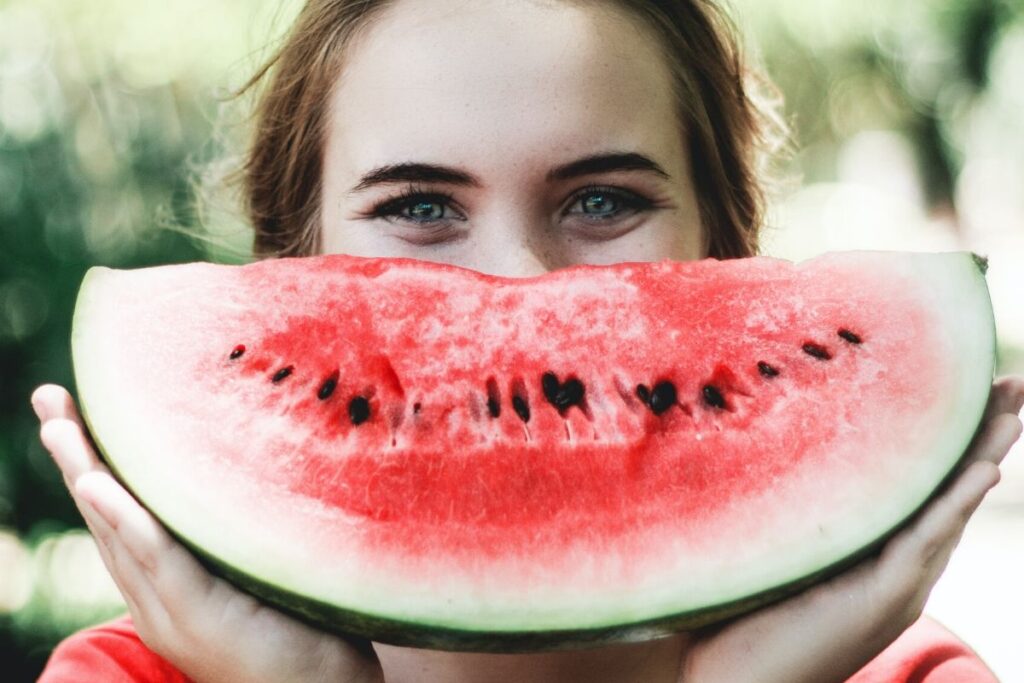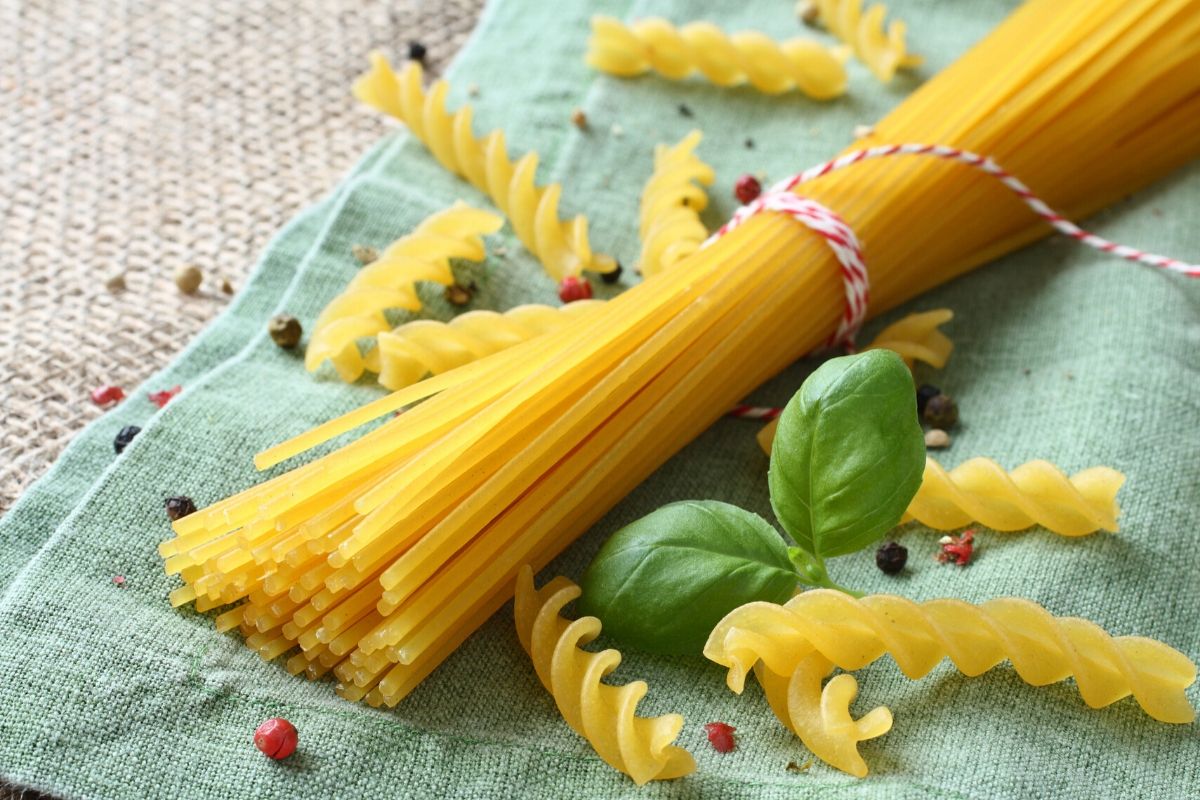Advice for a gluten-free holiday
Travelling to a foreign country whether for business or pleasure should be an enjoyable time. However, we’re very aware that travelling when you have coeliac disease or a gluten intolerance can cause a great deal of concern.

Here are our tips to help you maintain a gluten-free diet throughout your visit:
Do your research before you go
It’s worth doing a little bit of background research, just to give yourself some peace of mind. Take the time to research your destination and check what the local cuisine is like – this can make all the difference to your holiday.
If you’re travelling abroad, a great place to start is with Coeliac UK’s fact sheets – there is one for each country as well as leaflets on how to explain your condition in the local language. You could print these off or have them on your phone if you have any difficulties. It might be worth doing a bit of research on the supermarkets in your destination, too. Many European supermarkets now have a gluten-free section, so try to work out in advance what the labelling looks like.
Remember, there will be other coeliac travellers who will have posted information on useful supermarkets and local stores – there’s likely to be lots of helpful advice online for you to take tips from.
Having a staycation?
If you’re staying in the UK, Coeliac UK has an app with lots of helpful tips, as well as a list of venues that comply with their regulations. You can also look out for the accredited gluten-free symbol, which verifies a product has no gluten.
Make the most of the local cuisine where you can
There’s no reason why being coeliac should stop you travelling or enjoying local foods. Depending on where you’re travelling to, lots of countries naturally use gluten-free ingredients – such as rice noodles in Thailand or pulses and corn-based tortillas in Latin America.
Even in countries such as Italy, with all of its pizza and pasta, the cuisine can be surprisingly coeliac-friendly. And, even if gluten-free options aren’t on the menu, you can still enjoy classic dishes with polenta or Arborio rice.
Bear in mind that street food may be a simpler option – you can see how your food is being prepared and cross-contamination risks are often lower as the vendors tend to focus on a smaller selection of dishes.

Pack some supplies
Many coeliacs find self-catering accommodation a less stressful way of travelling – you can easily pack a few tried-and-tested food items that you can eat at meal-times.
If you have space in your suitcase, it could also be worth taking some gluten-free staples which you can fall back on, such as pasta, cereal, vacuum-packed baguettes or bread. They can always be brought back home if you don’t eat them. Just be wary of cross-contamination if using shared items like a toaster or breadboard.
However, if you’re staying in catered accommodation or will be eating out a lot, it’s definitely worth packing some of your favourite gluten-free snacks, to tide you over. You’ll be glad of packing some oatcakes or cereal bars if you get delayed at the airport or stuck in a traffic jam on the road.
It can also be useful to bring your own condiments with you to avoid cross-contamination. Small, one-use packs of jams, butter or sachets of mayonnaise are always handy. And, if you can, take some fresh fruit or buy it on arrival at your destination.
What to be aware of if you’re in a hotel
If you’re eating from a buffet, it’s crucial to avoid cross-contamination, for example with serving spoons. Where possible, always try to check with the chef if you’re ever unsure if a dish might have gluten added to it.
If you do have a flare-up whilst you’re on holiday, the most important thing you can do to ease your symptoms is to stop eating gluten, try to rest and stay hydrated.

Find a nutritionist dealing with Food allergy and food intolerance
All nutrition professionals are verified


